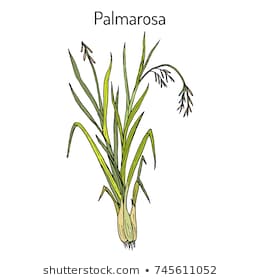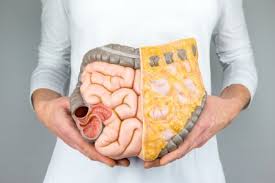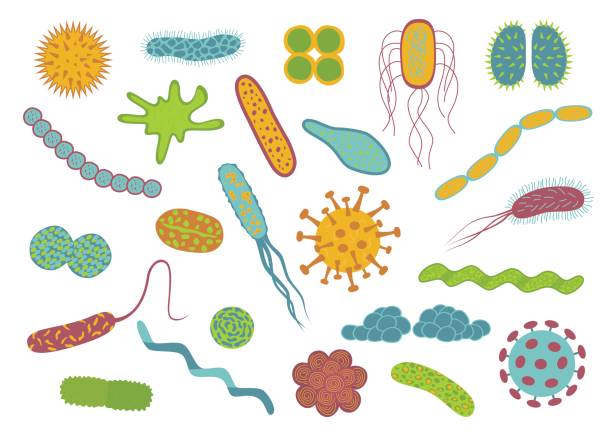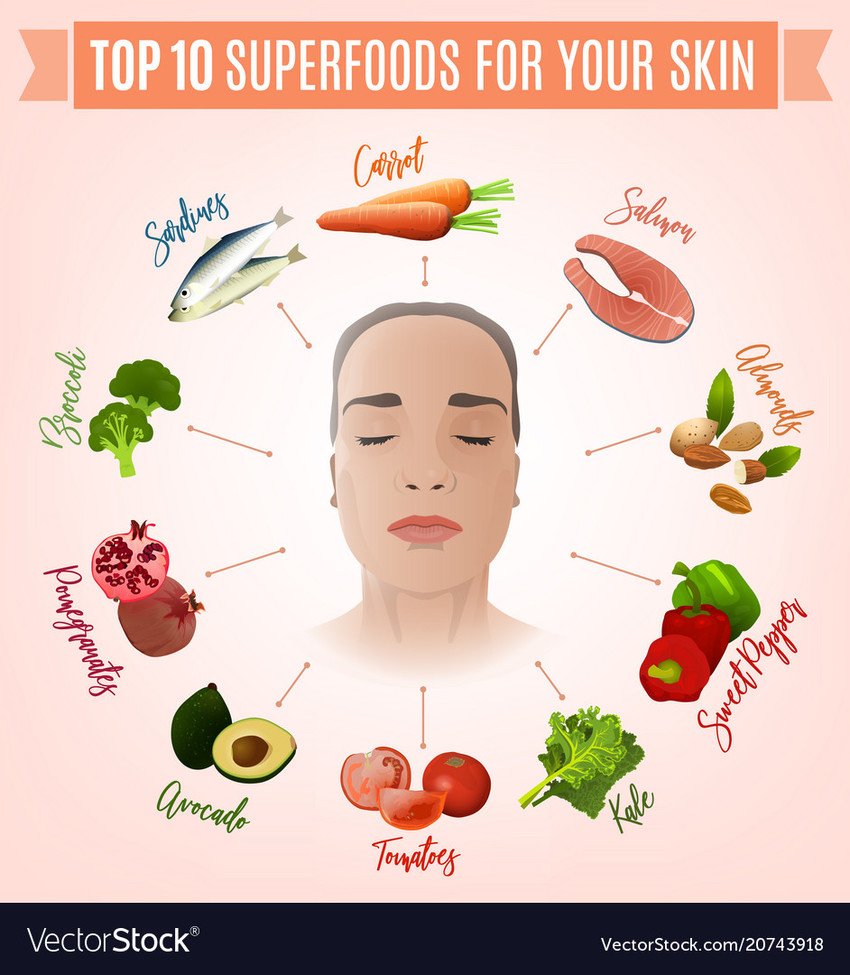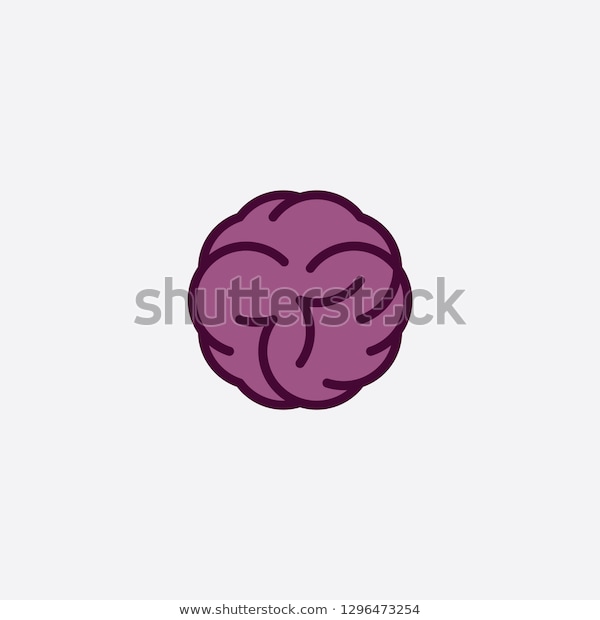Over 50% of Americans use alternative medicine
Apr
29
What types of treatments are considered alternative medicine? The WebMD article says that definition is somewhat of a moving target as alternative treatments become more widely accepted.
They include Chinese acupuncture, chiropractic treatments, energy therapies which include reiki and healing touch, herbal medicine, traditional Chinese medicine (TCM), Japanese Kampo, and Indian Ayurveda. However, the article gives the standard disclaimer, consult your doctor. Common uses of CAM according to the government survey include back pain or problems, colds, neck pain, joint pain or stiffness, and anxiety or depression.
https://www.webmd.com/balance/guide/what-is-alternative-medicine
For more information about the government survey, see https://www.verywellhealth.com/alternative-medicine-usage-in-the-us-88732 .


